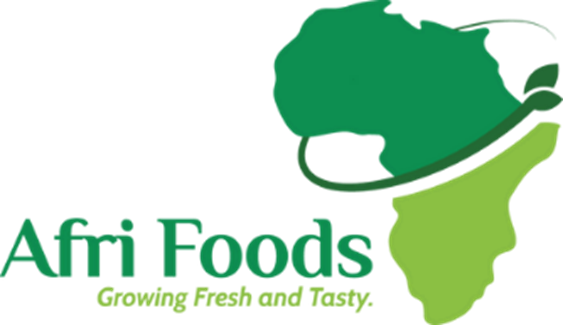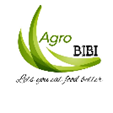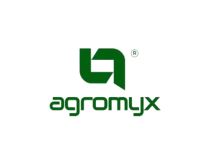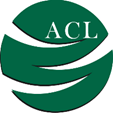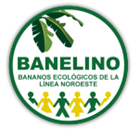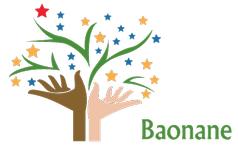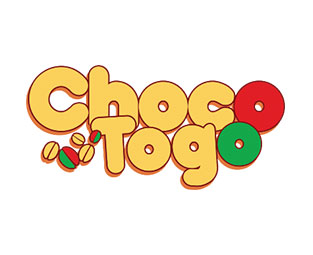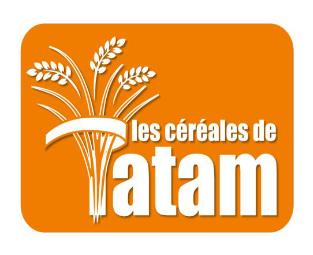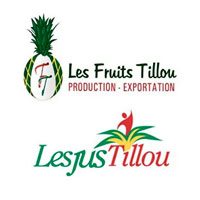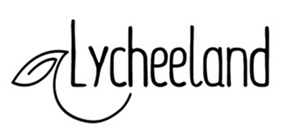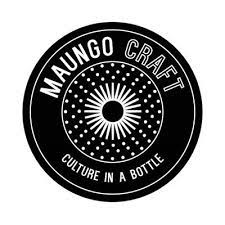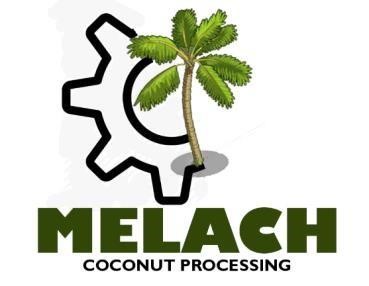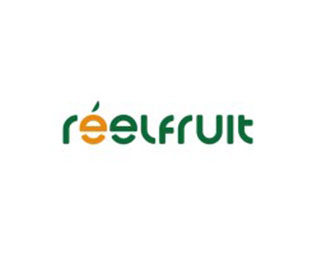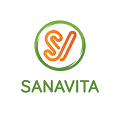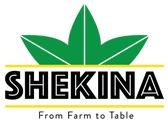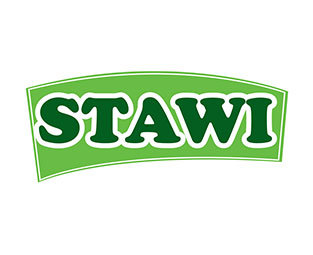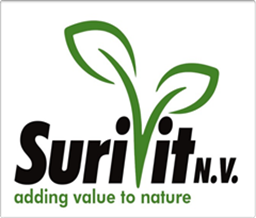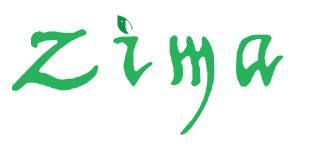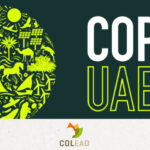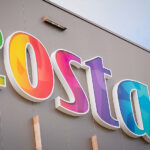COLEACP celebrates businesses and SMEs empowering rural women
- 15/10/2022
- Posted by: Gaetan Dermien
- Category: ACP EN, News
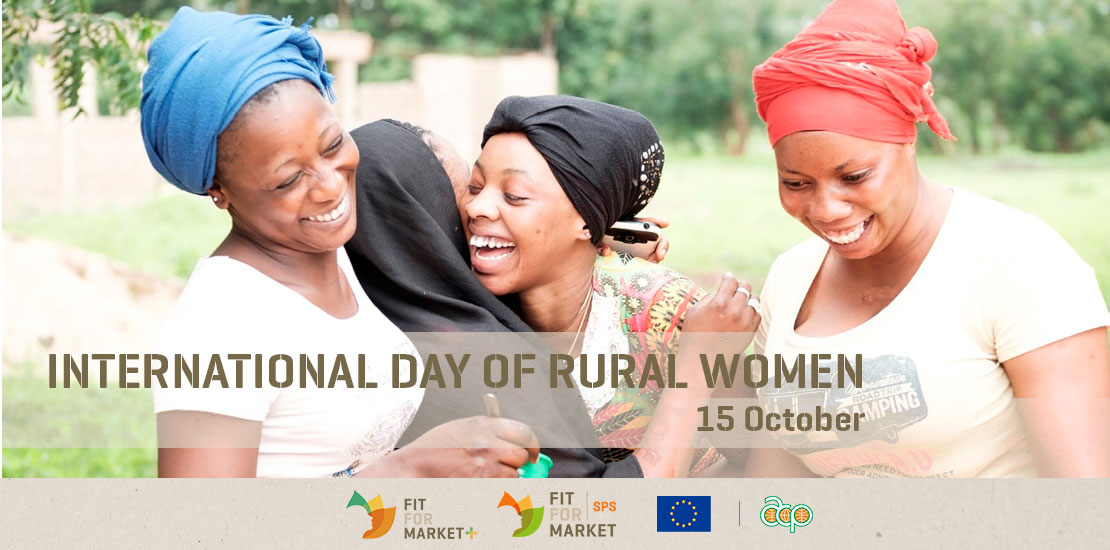
The International Day of Rural Women, celebrated the day before the International World Food Day (on 16 October), acknowledges women’s significant contributions to agriculture food and food safety, as well as the rural economy in all regions of the world. Women represent, on average, 43 percent of the agricultural labour force in developing countries from 20 percent in Latin America to 50 percent in Eastern Asia and sub-Saharan Africa.1 They are a significant entrepreneurial force as owners of farms, input supply stores, service delivery businesses, and export firms whose contributions to local, national, and global economies are far reaching.
However, women face many obstacles, suffer from inequalities and experience inequitable access to agricultural inputs, including family labour, high-yield crops, pesticides and fertilizer. Worldwide, women do 75 percent of the unpaid work such as care and domestic tasks. They are responsible for 90 percent of preparing and buying food,2 and women in rural areas spend around 14 hours a day on care work.3 Thus, rural women often find themselves in particularly vulnerable employment situations, given limited access to resources, infrastructure and markets, as well as diversified sources of income. 4
There is a mismatch between women’s skills and labour-market demands which accounts in part for their low economic participation. Women often lack knowledge on trade standards needed to expand their business which implicates specialised knowledge and technical skills in fields such as food safety, food conservation, packaging and product certification which limit their involvement in more remunerative value chains. Women entrepreneurs also face multiple difficulties in securing funding mainly due to lack of collateral in the form of land and other tangible assets and a high-risk perception and lack of appropriate products, information, understanding of their needs and collateral. 5
The 2030 Agenda for Sustainable Development promotes a transformative agenda for gender equality and the empowerment of women in agriculture and value chains, food and nutrition security, and in the management of natural resources in the context of climate change. Gender equality and food security are indeed interlinked: the more gender inequality there is in a country, the hungrier people are.6
In addition to being major contributors towards achieving food security, women support the economies of their family, communities and countries both as wage earners and entrepreneurs. Women entrepreneurs running small and medium-sized enterprises (SMEs) play a significant role in contributing to economic development by creating jobs, boosting economic growth, and harnessing the productive capacity of women. It is estimated that globally there are roughly 9.34 formal million women-owned SME in over 140 assessed countries, which is approximately one third of all formal SMEs.7
Achieving gender equality and empowering women in agriculture is crucial for agricultural development and food security and can contribute to lessen gender gap, boost per capita income growth, and generally reduce poverty. COLEACP contributes to strengthen women entrepreneurs’ business management, marketing and technical skills through the implementation of support programmes such as FFM SPS and FFM+. It supports SMEs in the agrifood sector adopting increasingly sustainable practices and improving their management and competitiveness with a specific focus on gender. (Re-)discover below inspiring women and men-led African and Caribbean companies that promote economic, social and environmental equality for all men and women in the value chain:

Grenada Network of Rural Women Producers (Grenrop), Grenada
 Soreetul, Senegal
Soreetul, Senegal 1 FAO 2010-11 edition of The State of Food and Agriculture report.
2CARE. (2020). How conflict and COVID-19 are pushing millions of people to the brink.
3CARE. (2020). Gender Equality and Women’s Empowerment in the context of Food Security and Nutrition. A Scoping Paper.
4Gayatri Koolwal. Improving the Measurement of Rural Women’s Employment. Global Momentum and Survey Research Priorities. Policy Research Working Paper. World Bank Group 2019.
5The credit gap for formal women-owned SMEs across all regions is roughly $2,872 billion, which is 30 percent of the total credit gap for SMEs looked at in isolation from the other barriers which heavily impact women-owned enterprises. IFC. Women-owned SMEs: A business opportunity for financial institutions. 2021.
6 CARE. (2022). Food Security and Gender Equality: A synergistic understudied symphony.
7IFC. Women-owned SMEs: A business opportunity for financial institutions. 2021. Women-Owned SMEs: a business opportunity for financial institutions. 2014.
This communication is supported by Fit For Market SPS and Fit For Market Plus programmes, implemented by COLEACP within the Framework of Development Cooperation between the Organisation of African, Caribbean and Pacific States (OACPS) and the European Union.

